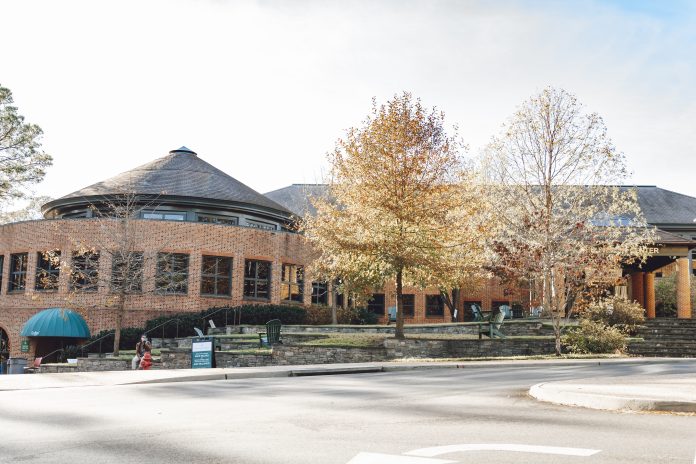Saturday, May 1, Virginia will be increasing the minimum wage from $7.25 an hour to $9.50 an hour, impacting many student workers at the College of William and Mary. The minimum wage will subsequently increase to $11.00 an hour Jan. 1, 2022, and then to $12 Jan. 1, 2023. If the General Assembly agrees to reenact the law before July 1, 2024, the state’s minimum wage may ultimately increase to $15 an hour by Jan. 1, 2026.
Although the College could claim some exemptions to the wage increase, the administration reports that it will not, meaning that all student workers will be paid $9.50 or more per hour starting this May.
Originally passed in Apr. 2020, the law’s implementation was delayed until this year by Governor Ralph Northam due to the COVID-19 pandemic. The new law also removes previous worker exemptions from the minimum wage under the Fair Labor Standards Act, such as domestic workers, home caretakers, small businesses and individuals with disabilities.
However, public universities in Virginia may obtain a certificate from the Department of Labor to pay students no less than 85% of the minimum wage under the “Full-Time Student Program.” As for students participating in a federal work-study program, which is awarded as part of the student’s financial aid package, they face different restrictions on work hours and receive pay from separate channels.
The fight for a higher wage for student workers at the College is not new. The last raise in minimum wage in Virginia was from $6.55 in July, 2009. In 2010, the College’s Living Wage Coalition demanded an on-campus wage of $15. The College pushed back, stating that the $15 goal was not feasible given state funding.
Apr. 16, the College’s student employment office emailed students notifying them of the minimum wage increase.
“Effective May 1, 2021, the minimum wage for Virginia is increasing to $9.50 per hour,” the email read. “While the new law does include exemptions to some student populations, William & Mary is opting to raise your hourly pay rate to the new minimum wage level. All student employees in standard on-campus hourly positions making less than the new minimum wage, including students eligible for Federal Work Study, will receive an increase to their hourly rate beginning May 1.”
When asked for comment on the wage increase, Director of Financial Aid Joe Dobrota reiterated the assurance that no students would be exempted from the new provision.
“While there are some exemptions built into the new minimum wage law (students under a certain age, those involved in work study programs, students in a bone fide [sic] educational program, etc.), W&M will not be exercising those options,” Dobrota said in an email.
For Sydney Johnson ’23, the minimum wage increase is a welcome change that she has never before experienced.
“I have been used to the $7.25 minimum wage for so long, as I had a part-time job in high school,” Johnson said in a text message. “When I heard about the $2.25 increase, I was very excited!”
Johnson believes the new law will help alleviate some of her financial burdens as a college student.
“For me, I am paying back student loans on my own, so the increase in pay for my on-campus job will be extremely helpful in paying these back as much as possible during college!” Johnson said. “Especially next year, I will be paying for gas, groceries, and rent for the fall semester, so this increase again will be extremely helpful in paying for these.”
Moreover, she expressed relief that the College chose to withhold permissible exemptions.
“I also read — although I don’t know if this is true — that colleges did not have to adopt this new wage increase, so when I heard W&M chose to, I was initially surprised, yet very appreciative of course,” Johnson said.
Beginning this summer, the College is also increasing wages for its full-time and part-time employees from $10.61 to $12 an hour.
“This is an important step as we continue to look for opportunities to improve the wages of our employees, particularly our lowest-paid employees,” Sam Jones said in a press release Apr. 26. “It’s also recognition of our staff’s hard work and valuable contributions to our students and campus. William & Mary is grateful for all that our personnel offer to the university.”
Currently, 29 states and the District of Columbia have minimum wages above the federal level of $7.25 an hour. The federal minimum wage has remained unchanged since 2009, but in recent years, support for raising it to $15 by 2025 has quickly gained traction among progressives, as well as some conservatives. President Biden weighed in on the debate during the 2020 presidential election when he backed a similar proposal. Virginia’s minimum wage hike reflects a nationwide shift in policy toward the $15 goal, as CNBC reports that half of U.S. states will hike their minimum wages this year.
For now, the $15 wage remains a goal rather than reality for students.

